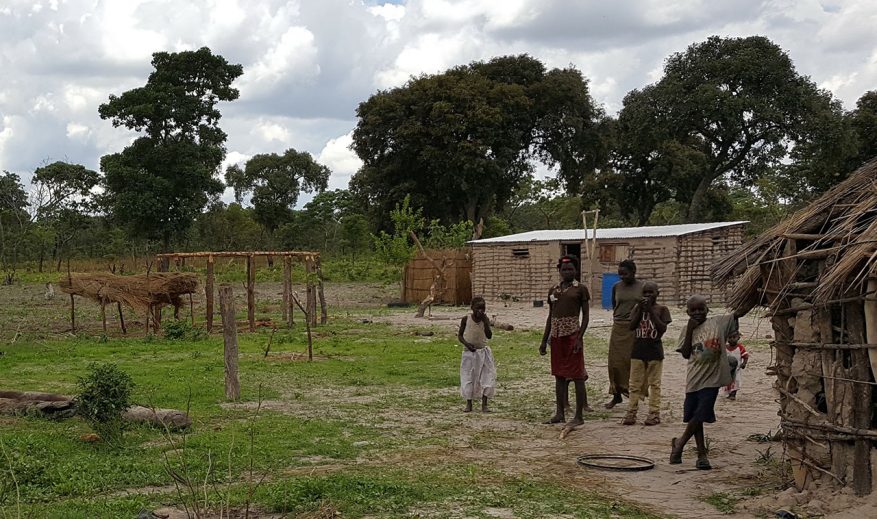An innovative new project in Zambia will help thousands of long-term, aid-reliant refugees become self-sufficient small scale farmers.
The collaboration between Gorta-Self Help Africa and the United Nations High Commission for Refugees (UNHCR) will provide farm training to hundreds of refugee families, including many who fled conflicts in neighbouring Angola over 30 years ago.
The three-year scheme will be carried out in Zambia’s remote Western Province, in two of the oldest refugee camps in Africa. At the height of the Angolan Civil War in the 1970s, the two camps accommodated more than 200,000 refugees. Today, more than 35,000 people reside in the camps, including many third and fourth generation refugees. The camps are also occupied by refugees from Democratic Republic of Congo, Somalia, Rwanda and Burundi.
The scheme will apply a ‘graduation approach’, devised by UNHCR. Each participating household will be assigned a plot of land and provided with agricultural training and designated ‘assets’ such as seed, equipment and livestock, to help them establish their own small farms. Savings and credit groups and producer groups will also be created, with farmers provided with assistance to access markets for their produce.

